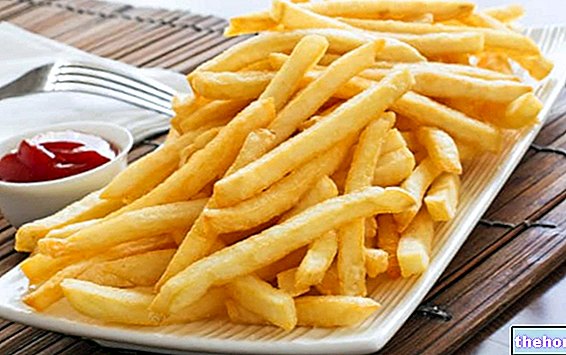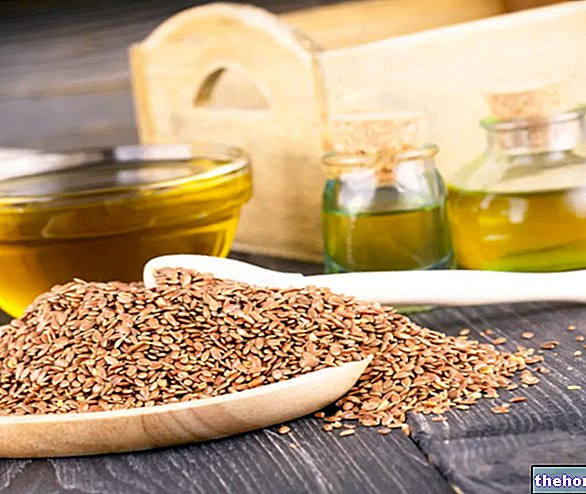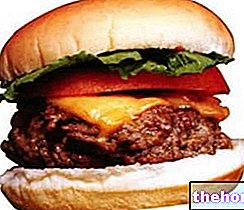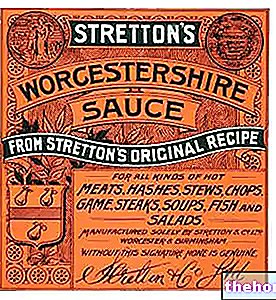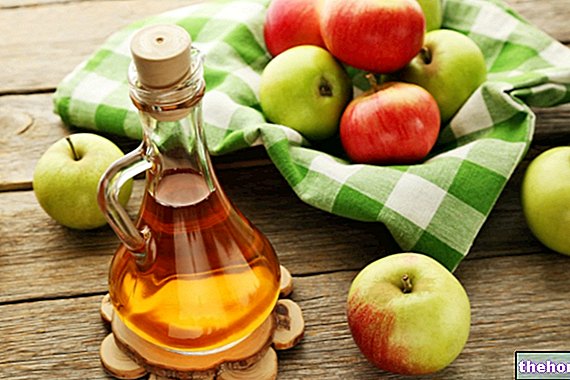The daily requirement for creatine is about two grams. This share is partly satisfied by hepatic synthesis (50%) and partly by the diet (50%).
Creatine is mainly present in meat and fish while it is contained only in trace amounts in foods of plant origin.
FOOD
CONTENT OF CREATINE (g / Kg)
beef
4,5
Cod
3,0
Herring
6,5-10
Pig
5,0
Salmon
4,5
Tuna
4,0
Blueberries
0,02
Milk
0,1
For this reason, those who follow a strictly vegetarian (vegan) diet have lower muscle creatine levels than non-vegetarians (40-50% less).
This deficit slightly lowers the performance level, especially in power disciplines where the muscle reserves of phosphocreatine are very important (weight lifting, sprint competitions and partly also in football and rugby).

In the traditional diet, on the other hand, 200 grams of pork or 250 grams of tuna per day are enough to cover the metabolic requirements of creatine. However, it should be borne in mind that cooking food causes a partial destruction of the creatine contained in them, so slightly higher quantities may be required.
The lower the muscle concentration of creatine, the greater the effects of a possible supplementation: unlike a vegetairan, those who follow a high-protein diet and take creatine supplements will probably not notice significant improvements in performance.
If for sporting needs you want to increase the levels of creatine in your diet, after consulting your doctor, you can use specific supplements.

